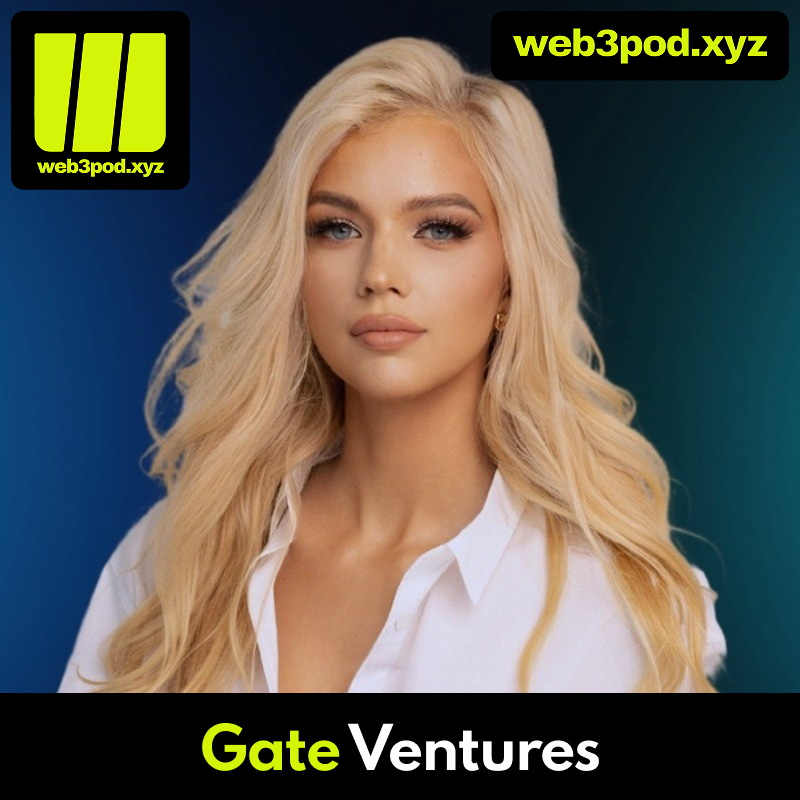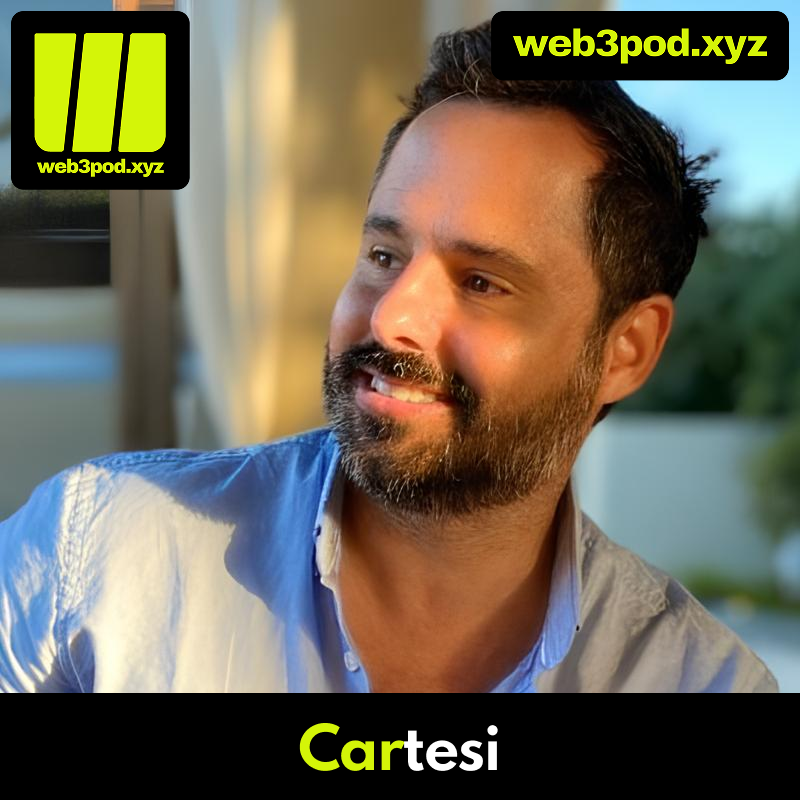Breaking barriers in blockchain: lumio's vision for seamless cross-chain development

In Web3, fragmentation is both a challenge and an opportunity. In episode 167 of Web3 with Sam Kamani, Alejo — founder of Lumio and a key contributor to the Pontem Network — shares a deep and practical view of how we might unify the blockchain ecosystem through cross-chain infrastructure. This isn’t just about connecting blockchains; it’s about fundamentally changing how developers and users interact with decentralized networks.
Alejo’s journey into Web3 began over a decade ago with Bitcoin. Over time, he ventured into Ethereum, observed the proliferation of L1s and L2s, and recognized a core issue: while the space was growing, it was also becoming increasingly siloed. That realization sparked the mission behind Lumio — to build tools that empower developers to create across ecosystems without being boxed into a single chain.
bridging ecosystems without compromise
At the heart of Lumio is a powerful idea: developers should write code once and deploy it anywhere — whether it’s Ethereum, Solana, or other L1s/L2s. This isn’t trivial. Each chain has its own runtime, tooling, community, and developer culture. But Alejo’s team is committed to removing that complexity by abstracting the differences, making cross-chain development feel native.
Their suite of tools — including Pontem Wallet, LiquidSwap, and the flagship Lumio deployment engine — reflects this vision. These aren’t isolated products. Together, they form a toolkit for building applications that can exist fluidly across blockchains.
Alejo emphasizes that it's not just about creating bridges or wrappers — it's about building from the ground up with interoperability in mind. That means ensuring shared security assumptions, modular design, and making integration straightforward for teams who want to go multi-chain without compromising performance or user experience.
understanding the nuances of each chain
One of the most insightful parts of the conversation was Alejo’s breakdown of different ecosystems. He doesn’t treat chains as interchangeable. Ethereum brings decentralization and tooling maturity. Solana brings speed and scalability. Each has its trade-offs — and Lumio acknowledges this, rather than flattening the differences.
That philosophical approach — one of respect rather than forced uniformity — is key to how Lumio operates. They’re not trying to “solve” every chain, but to make it easier for developers to make informed, flexible choices.
real world assets, regulation, and what's next
The discussion also touched on the emerging trend of tokenizing real-world assets — from stablecoins to treasuries. While this promises a massive shift in how finance works, Alejo is pragmatic. Regulatory clarity is still evolving, and builders need to be thoughtful about compliance, transparency, and technical standards.
Looking ahead, Lumio is preparing for major testnet launches, onboarding new developers, and building infrastructure that could become foundational for the next generation of Web3 apps. Alejo’s advice to developers is simple but powerful: understand your stack deeply, stay curious, and build with the long term in mind.
final thoughts
This episode isn’t just a technical deep dive — it’s a window into how some of the most thoughtful builders in Web3 are solving one of its thorniest problems: fragmentation.
Alejo’s work with Lumio and Pontem isn’t just enabling cross-chain capability. It’s reshaping how we think about developer experience, ecosystem collaboration, and the path toward a truly composable blockchain future.
If you care about where Web3 is heading — especially as we move toward more interoperable, developer-friendly systems — this is a conversation worth tuning into.
🎧 Listen now:
Spotify →
Apple Podcasts →
🔗 Learn more about Lumio → https://lumio.io
🔗 Explore Pontem Network → https://pontem.network/
🔗 Connect with Alejo → https://www.linkedin.com/in/alejo-pinto-18985aa1/
💬 Want to be a guest on the podcast? → https://www.web3pod.xyz/




